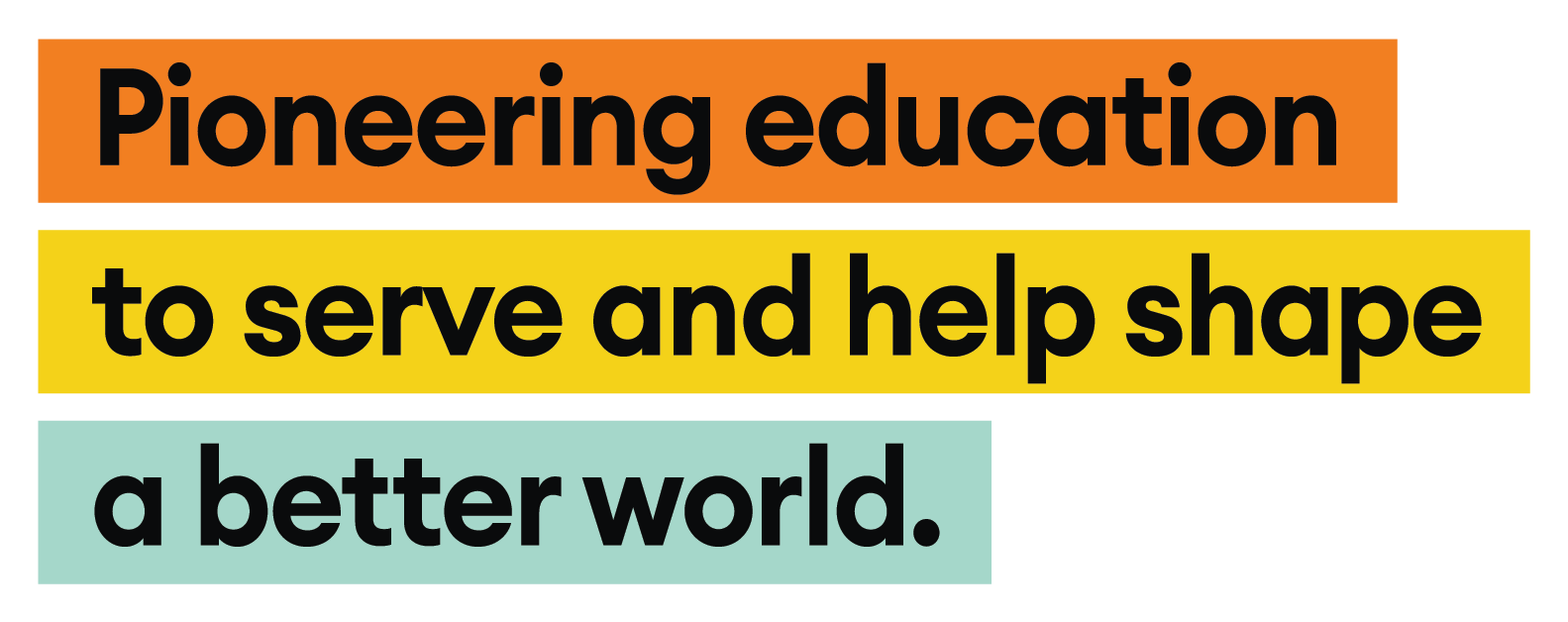Educating for the Future
24 Feb 2020

From the Master Julian Jeffrey
Dear Parents There are many things that go to make up a memorable teacher. Compassion, expertise, patience and the ability to work with children so that they feel empowered to grow as individuals as well as learners seem to me to be some of the key ingredients. The list of factors is endless, though, and I am sure that each of you has your own memories of wonderful (and perhaps even not-so-wonderful) teachers from your own childhood. There is one thing more I would add to my list of qualities for great teachers, and that is the willingness to learn along with their pupils. Adults who recognise the need to adapt and change, to keep pace with developments in their chosen field, are invariably those who stand out from the crowd. I remember well the introduction of computerisation in the Stock Market of the City of London in the mid-1980s. My uncle worked in a bank there and was shattered by the new ways of working. He could not adapt to the changes and took early retirement rather than suffer more misery at work. He was not alone, as thousands of established bankers, traders, brokers and others left their jobs within 12 months. The reliance on e-learning over the past couple of weeks is not as seismic a shift in work behaviour as that faced by those in the City of London in the 1980s - all teachers are familiar with computers and classroom technology these days, after all - but I am sure you recognise the challenges it has created for them. The limitations of internet bandwidth; the difficulties of communicating with groups of children, often scattered to the four corners of the earth; and a recognition that it is not always easy for parents to act as substitute teachers. These are all obvious challenges that need to be overcome. In this context, I have seen colleagues adapt and grow as practitioners, almost on a daily basis. They have embraced new ways of communicating, responding quickly and openly to feedback from pupils and parents. Colleagues in all parts of the school have shown a capacity for personal and professional development that belies the short time we have been conducting online learning. I do not deny that there have been some challenges, but every time we have been alerted to an issue, colleagues have sought out ways to overcome them. It may not quite represent a full revolution in the art of teaching, but I recognise clear forces of change in the way we foster learning, forces that will have a lasting impact on the education of your child. As a community, we are committed to learning the lessons from this difficult time. It is a time to embrace the spirit of innovation and reflection in teaching we see around us and I am wholly confident that it will make us into a stronger school as a result. It may not always feel like it at the moment, but in time, pupils, parents and staff will all be the richer for having experienced these few weeks of genuinely collaborative teaching and learning. As ever, I am here to answer your questions and concerns, so please do not hesitate to send me an email (julian.jeffrey@wellingtoncollege.cn). I look forward to hearing from you. Best wishes Julian Jeffrey MASTER



- Remember that you are a facilitator of your child’s learning. Make the time enjoyable and avoid stress. Find a balance between adult-led and independent activity. Many times, you will be learning something new along with your child.
- Use a variety of activities and limit screen time whenever possible. A good range of activities for the day may include hands-on exercises; setting up and tidying; some screen time as appropriate; music; exercise; and lots and lots of reading. As a reference, research suggests that a child’s average attention span is:
-
- Designate an area for learning and keep it tidy and clean. A small table with a chair in a quiet area is suitable - bear in mind that it is difficult for children to concentrate if there are too many distractions.
- Establish a routine. That is, school begins at 8:00 a.m. and at that time they must be dressed (teeth brushed, hair combed) and ready to start the day. This will also help children to settle back into a routine once Nest reopens.
- Life and character skills. The beauty of home learning is that as parents, you have a direct impact on what skills you want your children to learn. Self-help skills such as dressing up, feeding and hygiene are just a few crucial life skills to learn. You can also teach values that are important to you and your family and it becomes more meaningful as you model it to your children.
Home learning can be challenging at times but not impossible. It may be one of the most cherished moments your children will remember.




Related Articles

Educating for the Future06 Mar 2020
From the Master 来自校长 마스터 Dear parents I hope that you and your families are all safe and well. I wrote last week of the improved prospects in the city, and all the news I have continues to suggest th
Read More

Educating for the Future14 Mar 2020
From the Master 来自校长 마스터 Dear parents I hope this Week Ahead finds you and your families safe and well. Each week that passes brings better news about the fight against Covid-19 across China. The mea
Read More

Educating for the Future24 Mar 2020
From the Master 来自校长 마스터 Dear parents I am writing this on the first day since the coronavirus crisis began that China has been able to report no new cases arising from domestic infection. The battle
Read More





 Channel
Channel 
 Linkedin
Linkedin  Weibo
Weibo  Facebook
Facebook  Ins
Ins 



